Have you ever wondered if your cat sees you as more than just a food provider? Felines are often labeled as independent and aloof, but the truth is far more touching—and sometimes even a little shocking. Some cats actually develop deep emotional bonds with their humans, showing signs of dependence that can be heartwarming, hilarious, and even a bit overwhelming. If you’ve ever found yourself with a furry shadow following you everywhere, prepare to discover the secret language of feline attachment.
Your Cat Follows You From Room to Room

One of the most telling signs that your cat is emotionally dependent is their tendency to follow you around the house. Whether you’re heading to the kitchen, bathroom, or even just shifting from the couch to your bed, an attached cat won’t let you out of their sight. It’s as if you’ve become their anchor in a world full of curiosities. This behavior isn’t about surveillance—it’s about companionship. Your cat wants to be near you, involved in your daily life, and part of your every move. Some cats will even wait patiently outside closed doors, meowing softly until you return. This constant presence can be both adorable and a bit surprising, especially from animals renowned for their independence.
Separation Anxiety When You Leave

If your cat displays obvious distress when you leave home, it could be a major sign of emotional dependence. Signs of feline separation anxiety include excessive vocalization, destructive behavior, or even inappropriate elimination while you’re gone. Your cat might pace near the door, cry out, or look for you in your usual spots. The emotional turmoil they experience isn’t just about missing a meal—it’s about missing you. Cats with strong bonds can become visibly anxious, and sometimes even depressed, when separated from their favorite person. Coming home to a cat that greets you with enthusiasm or relief can be touching, but it’s also a sign that your absence truly affects them.
Constant Physical Contact and Cuddling
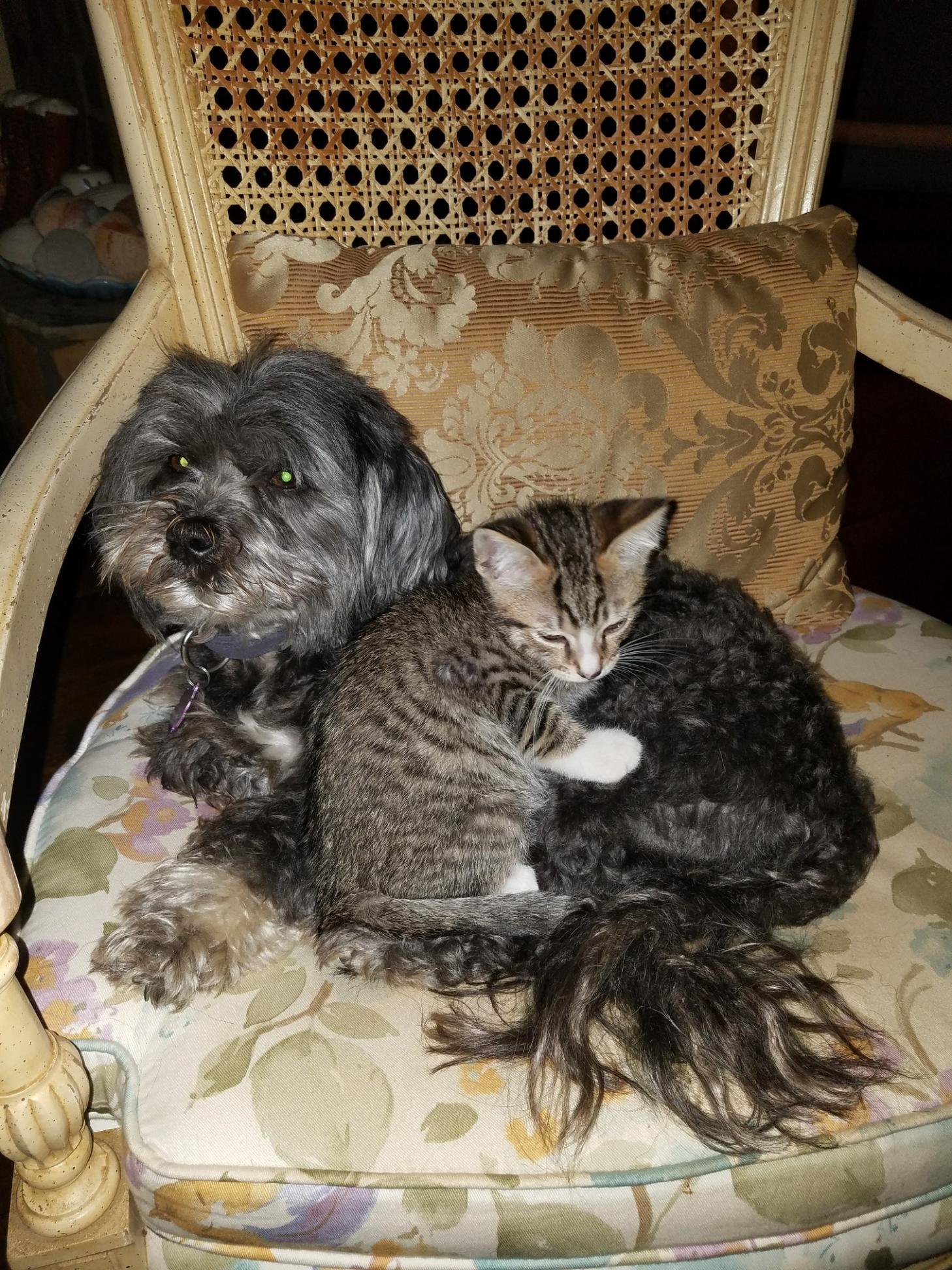
A cat that seeks out constant physical closeness is showing an undeniable emotional attachment. These cats will curl up on your lap at every opportunity, snuggle next to your pillow at night, or insist on touching some part of you, even if it’s just a paw on your arm. For them, your presence is a source of comfort and safety. This need for contact can be a soothing ritual for both of you, reinforcing the bond you share. Some cats even initiate “head bunting” or gentle nuzzling, marking you with their scent and claiming you as their own. It’s impossible not to feel loved when a warm, purring ball of fur makes you their safe haven.
Vocalizing to Communicate With You

Cats that have formed a deep emotional connection often become noticeably more talkative with their chosen human. They will chirp, meow, trill, or even make unique sounds that seem reserved just for you. This vocal communication is how your cat expresses their needs, desires, and even their affection. Some cats develop a conversational rhythm, responding to your voice with their own sounds. It’s as if they’re trying to bridge the gap between species, ensuring you always know how they feel. Communication isn’t just about asking for food; sometimes, it’s simply about saying, “I love you,” in their own special way.
Displaying Attention-Seeking Behavior
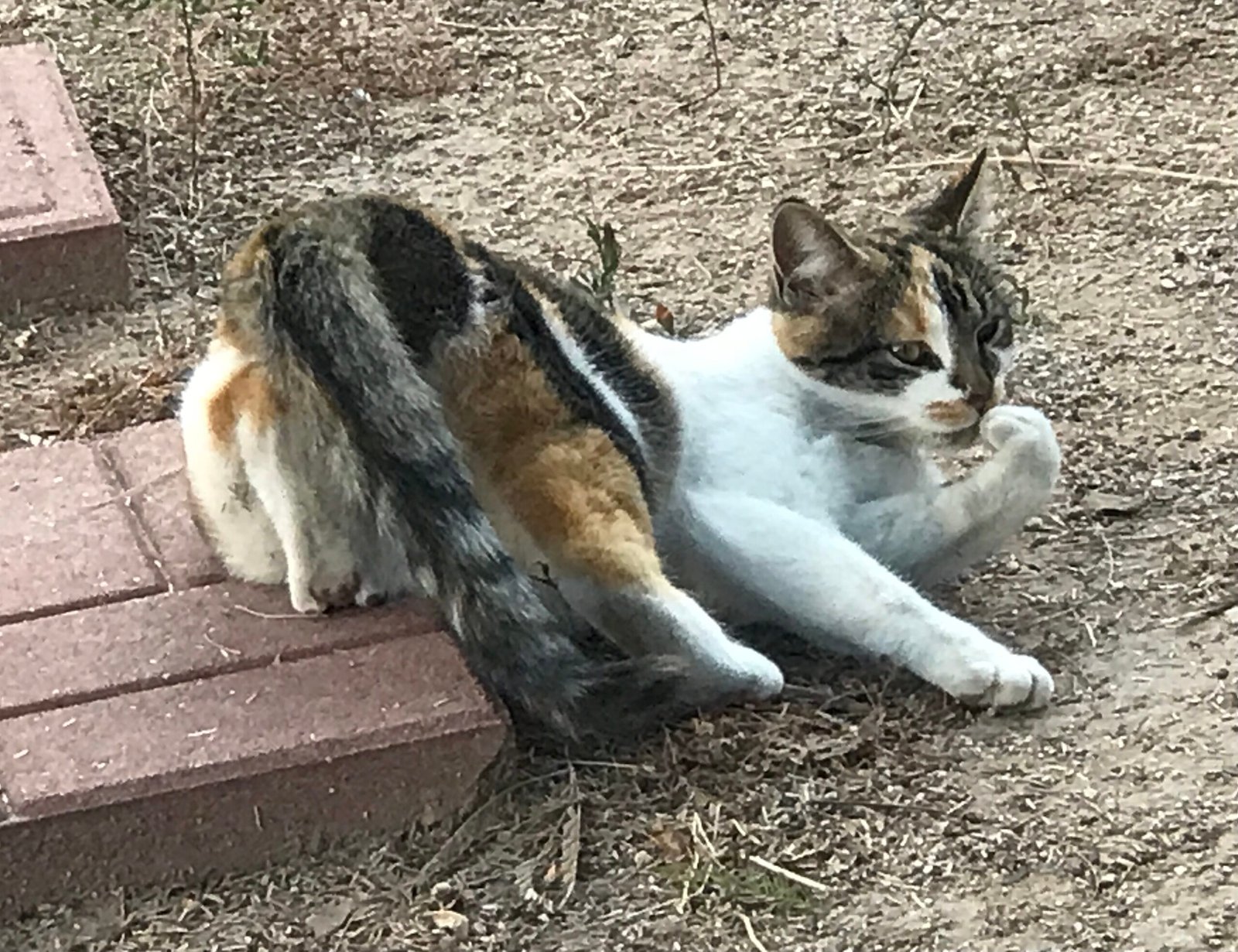
An emotionally dependent cat knows how to capture your attention. They may perform little antics, from knocking objects off tables to weaving between your legs as you walk. This isn’t just mischief—it’s a way of ensuring you focus on them. You might notice your cat pawing at your phone, sitting on your keyboard, or placing themselves squarely in the middle of whatever you’re doing. Their goal? To draw your gaze and interaction away from distractions and back to them. This attention-seeking drive reveals just how much your presence matters in their world.
Sleeping Exclusively Near or On You

If your cat only seems to sleep well when they’re pressed up against you, it’s a strong indicator of emotional dependence. Cats are vulnerable when they sleep, so choosing to rest beside you is a sign of ultimate trust. Some cats go so far as to sleep on top of your chest or curl up near your head. Night after night, they may return to the same spot, using your heartbeat or warmth as their lullaby. For them, your presence transforms their sleep from a solitary activity into a shared comfort.
Seeking Reassurance From Your Touch

When your cat comes to you for comfort—especially during storms, loud noises, or stressful events—it’s a clear sign they see you as a source of reassurance. They may press close to your body, hide under your arm, or look up at you with wide, trusting eyes. Your soothing voice and gentle touch can calm their nerves, acting like a security blanket against the chaos of the outside world. This need for emotional support is a touching reminder that even the most self-sufficient creatures sometimes crave a little extra love.
Bringing You Their “Gifts”

While it might be alarming (and sometimes a little gross) to find a dead mouse or toy at your feet, this gesture is actually a sign of deep attachment. Cats bring their treasures to those they care about, whether it’s a prized toy, a crumpled piece of paper, or something from outdoors. In their eyes, they’re sharing what’s valuable to them, or even trying to “teach” you how to hunt. This act is a strange but sincere way of showing affection and including you in their world.
Mirroring Your Moods and Routines
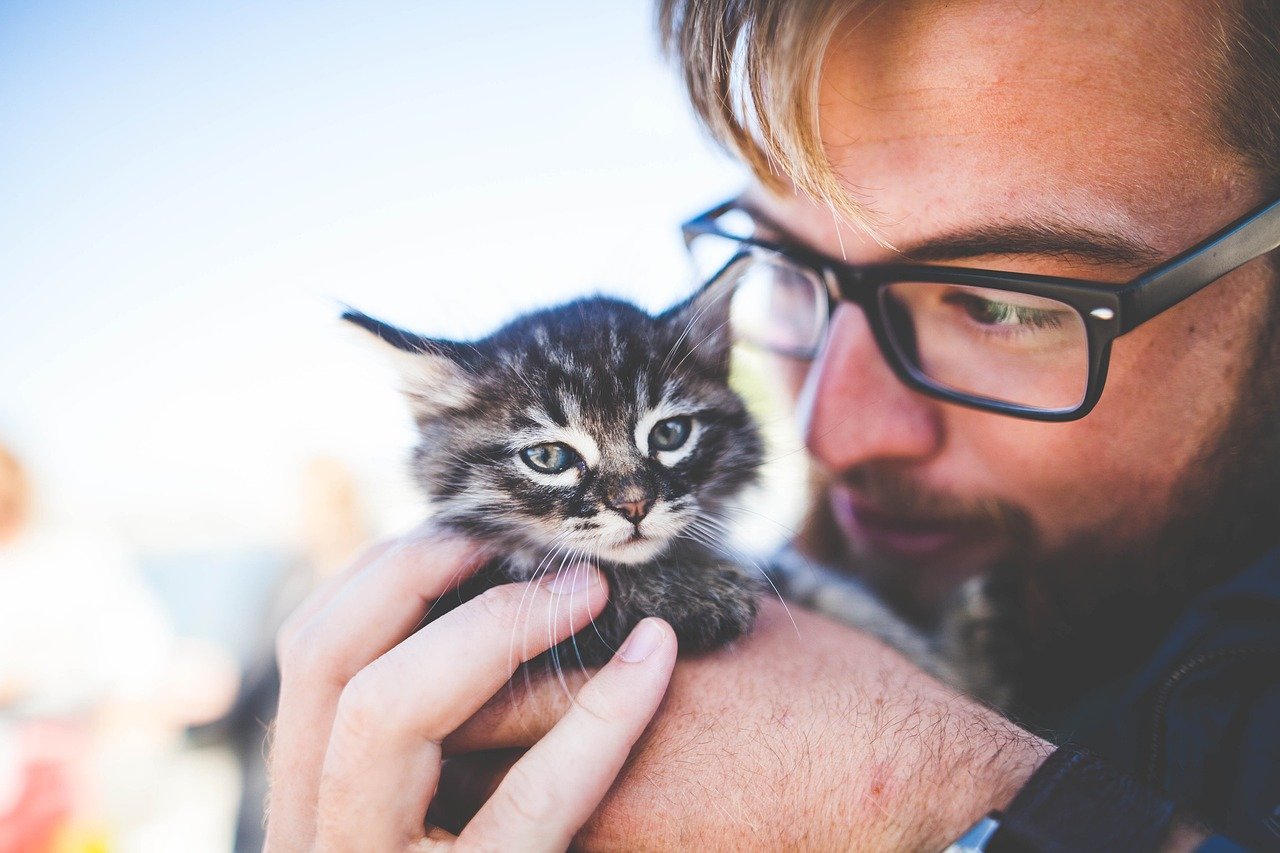
Emotionally dependent cats often become highly attuned to your moods and habits. If you’re feeling down, they might quietly settle beside you, offering silent support. When you’re happy or energetic, your cat might seem extra playful and lively. Some cats even adjust their routines to match yours, waking up when you do and settling down for a nap when you’re relaxing. This mirroring behavior is a subtle yet powerful sign of the bond you share.
Loss of Interest in Other Cats or People

A cat that is emotionally dependent on you may begin to ignore other pets or humans in the house. They prioritize your attention above all else, sometimes even displaying jealousy if you spend time with others. This can show itself as sulking, acting out, or physically placing themselves between you and someone else. While it’s flattering to be their favorite, it can also be a reminder of how deeply your cat values your relationship.
Reacting Strongly to Your Emotions

When you’re upset, anxious, or joyful, an emotionally dependent cat often picks up on these feelings and reacts in their own way. They might offer comfort by nuzzling you when you’re sad or join in the excitement when you’re happy. This responsiveness isn’t just coincidence—it’s a sign that your cat is in tune with your emotional state. Their ability to empathize and react is a touching demonstration of the bond that has developed between you.
Persistent Kneading Behavior
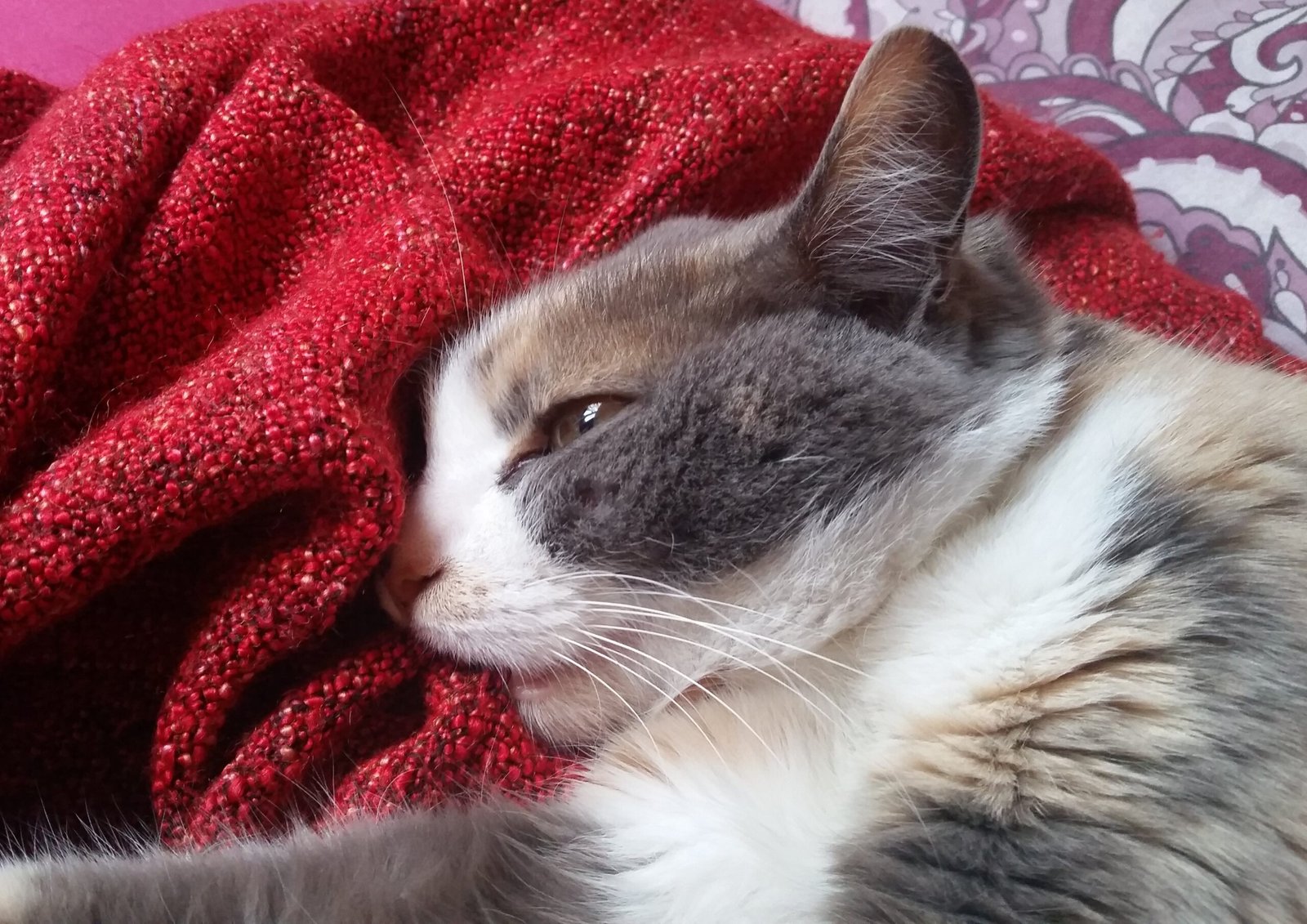
Kneading is an instinctive behavior that cats carry from kittenhood, often associated with feelings of comfort and security. An emotionally dependent cat may knead you more often, especially when you’re relaxing together. This rhythmic motion is their way of expressing contentment and trust. For some, it becomes a regular ritual, signaling that your presence makes them feel safe and loved.
Meowing When You’re Out of Sight

If your cat starts calling out for you the moment you leave their field of vision, it’s a strong indication of attachment. The meows might sound plaintive or insistent, as if they’re searching for reassurance that you haven’t disappeared. This vocal longing is a heartfelt reminder that you’re the center of their universe, and being apart—even for a moment—feels unsettling to them.
Grooming You or Your Belongings

Cats use grooming as a way to bond, not just with other cats but also with their favorite humans. If your cat licks your hands, face, or even your hair, they’re extending their social grooming habits to you. Likewise, you might notice them rubbing their cheeks or scent glands on your clothing or personal items. This behavior is their way of mixing their scent with yours, a symbolic mark of belonging and affection.
Insisting on Being Part of Your Daily Activities

Emotionally dependent cats don’t want to miss a moment of your day. Whether you’re working at your desk, cooking in the kitchen, or even brushing your teeth, they’ll find a way to be involved. Some cats will try to “help” with chores, sit on your paperwork, or climb onto your lap at the most inconvenient times. Their persistence is a sign that they crave connection and want to be a constant part of your life.
Displaying Signs of Jealousy
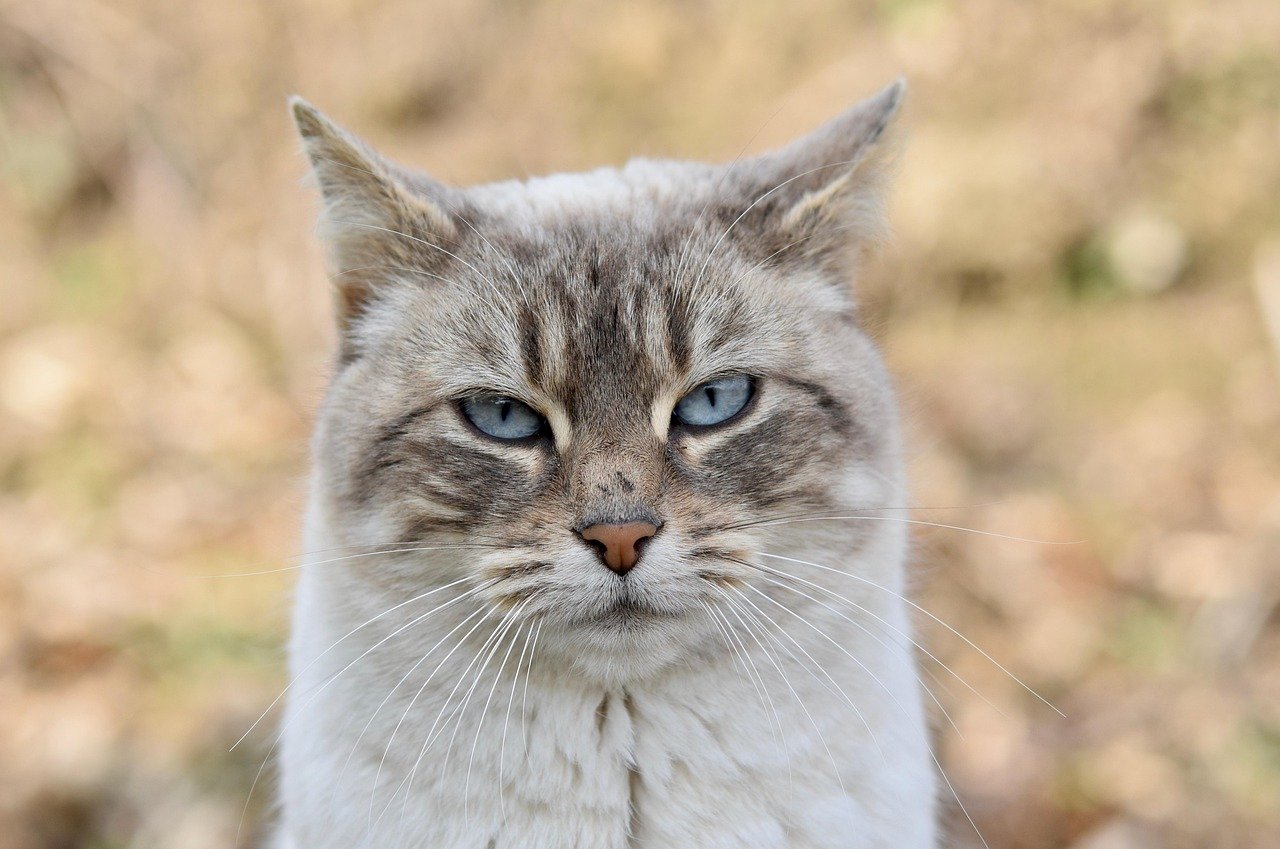
A cat that has developed emotional dependence may show signs of jealousy when you give attention to others—whether it’s another pet or a new partner. They might try to insert themselves between you and the newcomer, act out with attention-seeking behaviors, or become sulky. This possessiveness is their way of safeguarding the special bond they feel with you, even if it means being a little dramatic.
Waiting Patiently for Your Return
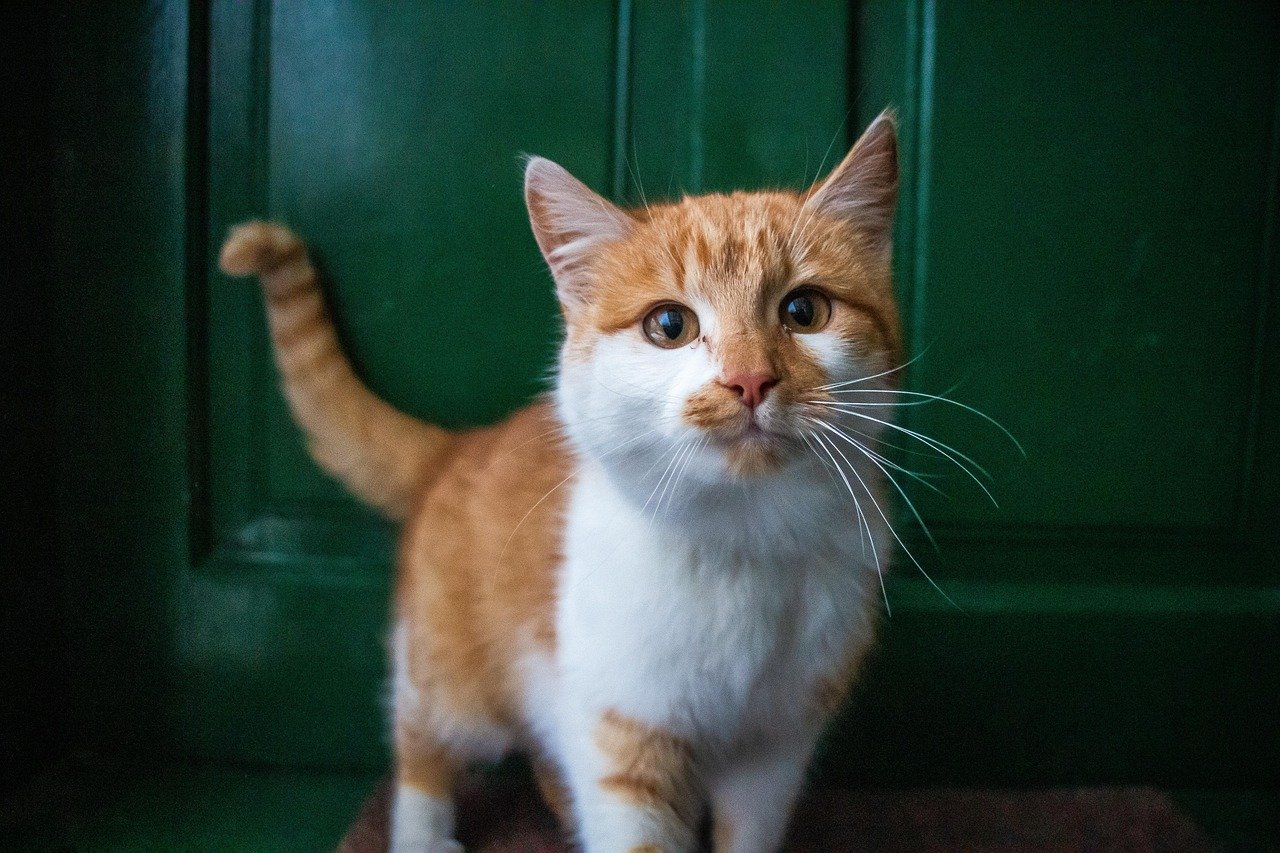
Some cats develop the habit of waiting for you at the door or window, watching for any sign that you’re coming home. They learn your schedule and may anticipate your arrival with excitement, sometimes even pacing or vocalizing as the time nears. This ritual highlights how much your presence means to them, and the joy they feel when you walk through the door is unmistakable.
Showing Reluctance to Be Alone
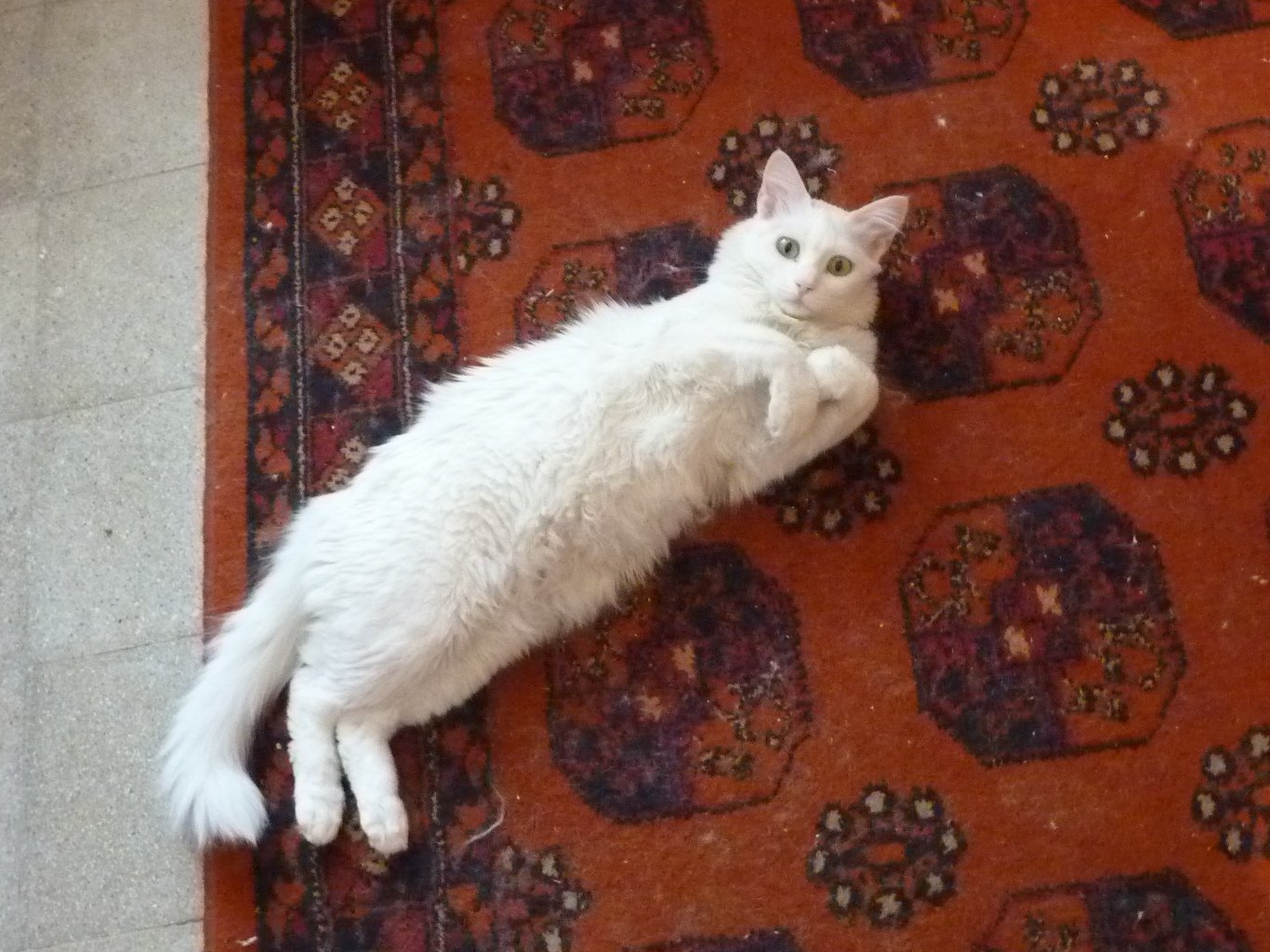
An emotionally attached cat may avoid spending time alone, preferring to be wherever you are. If you try to create distance, such as closing a door or setting up a barrier, they may protest or become anxious. Their reluctance to be by themselves is rooted in a desire for your companionship and the comfort it brings. For these cats, solitude is something to be avoided whenever possible.
Responding to Your Name or Voice

Cats that are emotionally dependent often recognize and respond to your voice or even your name. They may perk up, come running, or meow in response when they hear you call. This level of attentiveness shows that you hold a special place in their mind, and they’re eager to connect with you whenever possible. It’s a beautiful sign of a relationship that’s moved beyond mere coexistence.
Displaying Unusual Behaviors When You’re Away
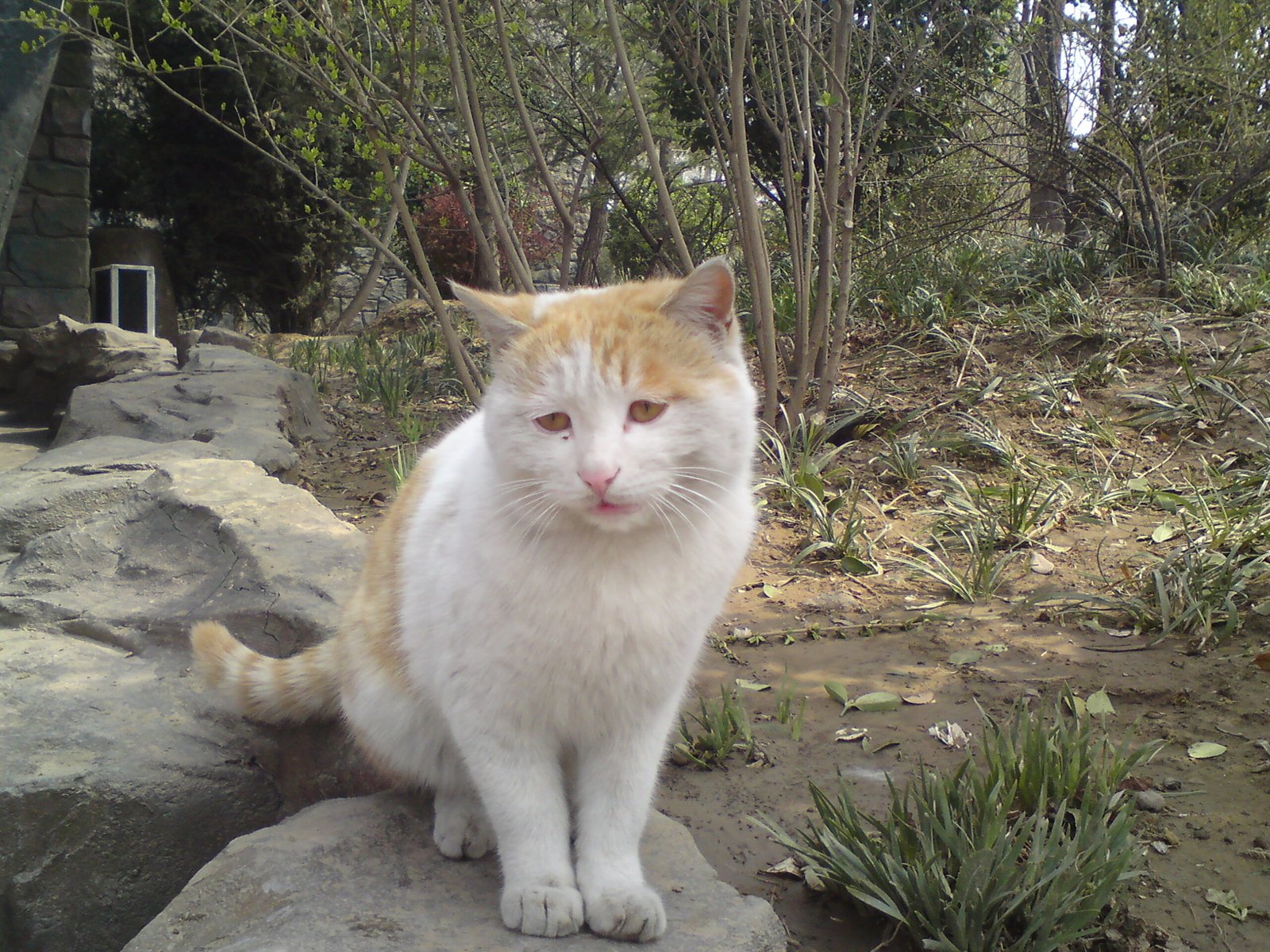
If your cat starts acting differently when you’re gone—such as refusing to eat, hiding, or becoming lethargic—it’s a sign of emotional dependence. These changes in behavior can be concerning, as they indicate your absence is deeply felt. The impact can be so significant that it affects their daily routines and well-being. This reaction is a poignant display of just how central you are to their sense of security and happiness.
Initiating Contact or Play at Odd Hours
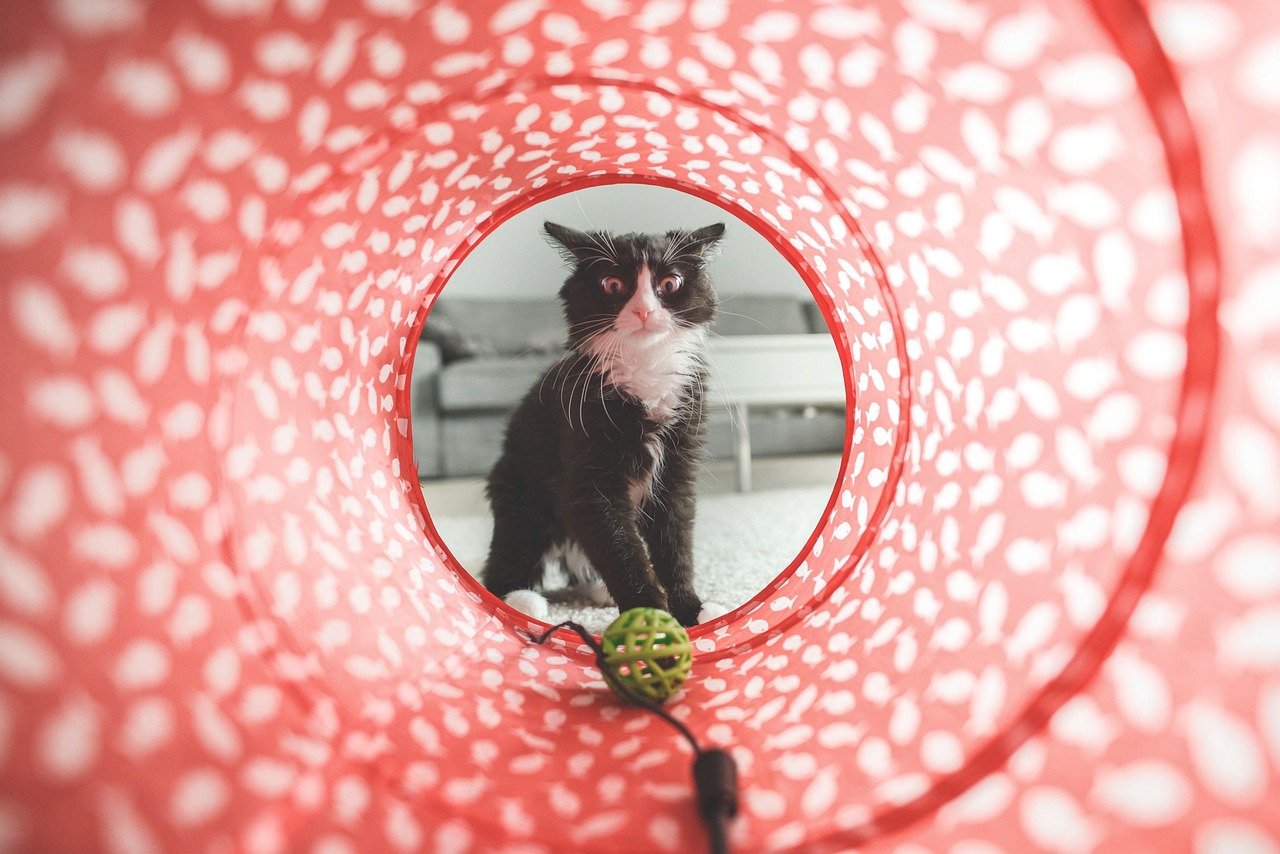
Emotionally attached cats sometimes wake you up in the middle of the night or early morning, seeking play or affection. Whether it’s a gentle paw tapping your face or a headbutt at dawn, these behaviors are their way of saying they miss your interaction. Your cat’s need for connection can override their natural sleep patterns, drawing you into their world at unexpected moments.
This ends the exploration of the many ways cats express emotional dependence on their beloved humans.
Hi, I’m Bola, a passionate writer and creative strategist with a knack for crafting compelling content that educates, inspires, and connects. Over the years, I’ve honed my skills across various writing fields, including content creation, copywriting, online course development, and video scriptwriting.
When I’m not at my desk, you’ll find me exploring new ideas, reading books, or brainstorming creative ways to solve challenges. I believe that words have the power to transform, and I’m here to help you leverage that power for success.
Thanks for stopping by, Keep coming to this website to checkout new articles form me. You’d always love it!






